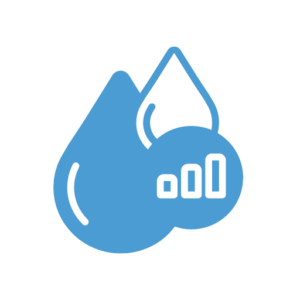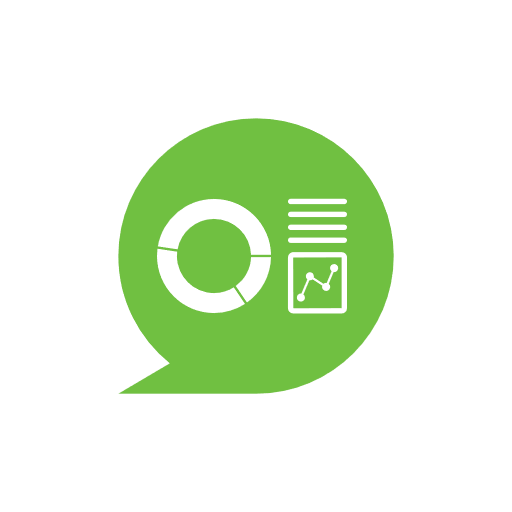This is the first of a series of three posts on utility data management. The Environmental Finance Center collects all sorts of data for projects. The EFC uses data from regulatory agencies, financial reports, and data on area residents from the US Census Bureau.
The project design questions the EFC asks are:
- Know the users! Are they:
- Decisionmakers?
- Staff?
- The public?
- What should be shown?
- Decisionmakers need reliable data on cost and benefits
- Staff may need to drill down on details
- Overall, tell a story
- What data exists to support and analyze how can different data sources be connected?
For water and wastewater rates dashboards, the EFC’s primary audience is staff of utilities and the secondary audience are utility board members and decisionmakers. The EFC shows utility rates and, importantly, the context for those rates. Multiple dials show the user the balance between factors such as operating ratio and affordability. Comparison groups let the user look at their rates in comparison with other utilities in their watershed or with utilities serving similar numbers of customers. This year, the EFC has added dials for non-revenue water and for wastewater inefficiency to the North Carolina dashboard.






